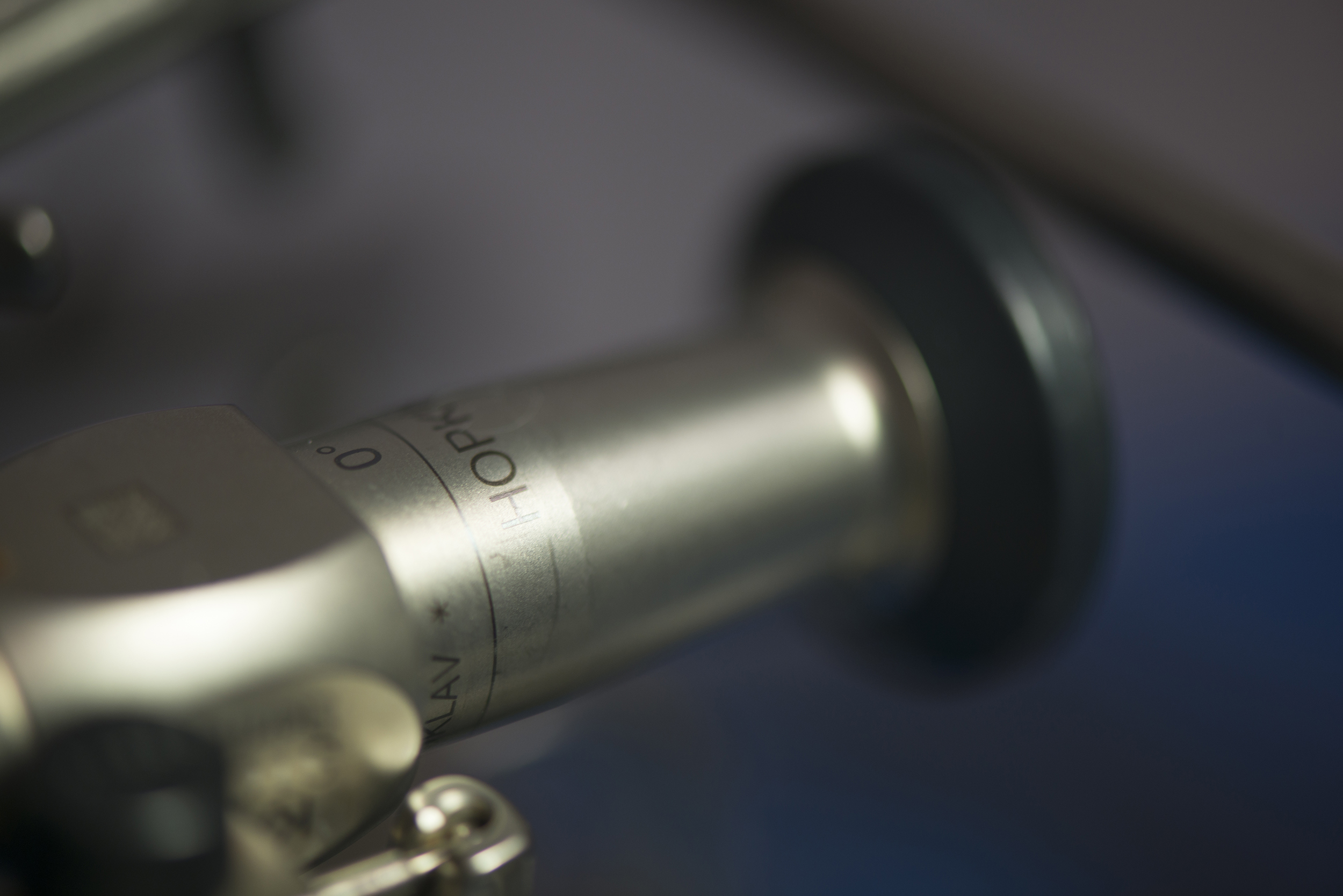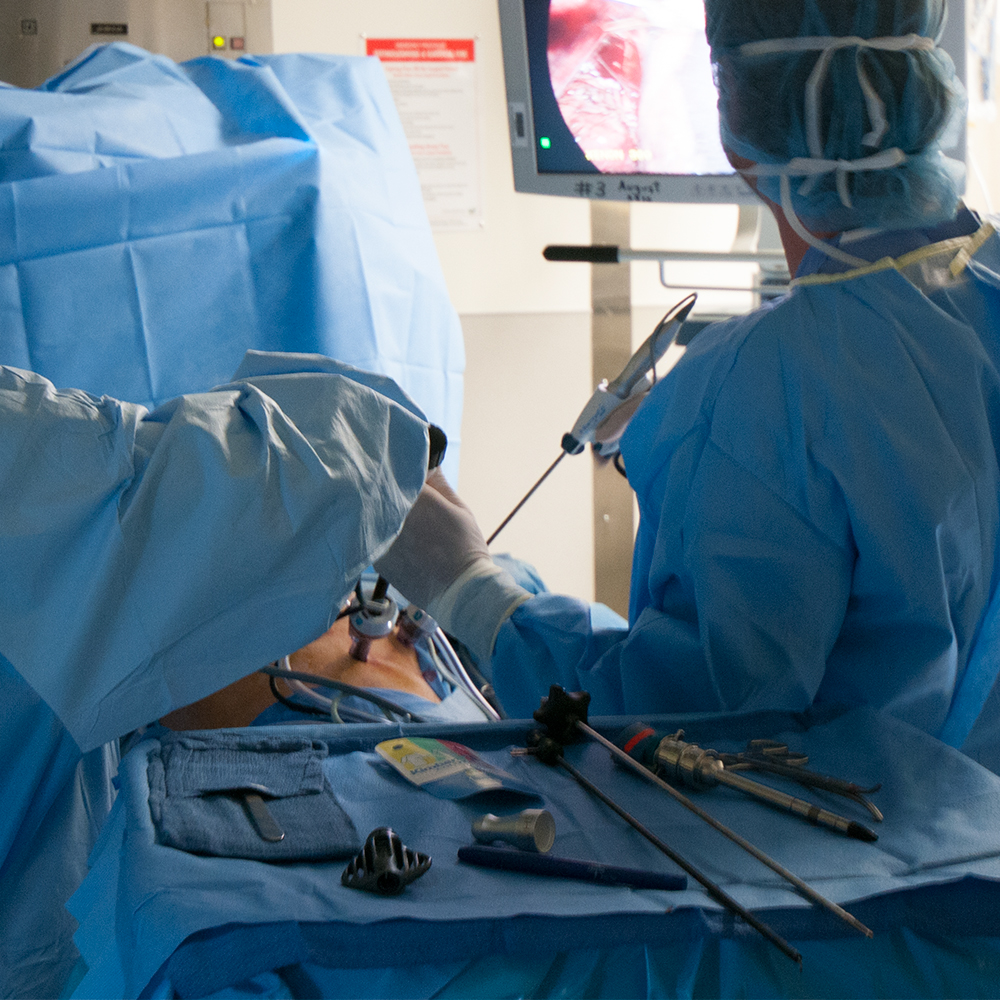The Benefits of Laparoscopic Surgery
There is no doubt that surgery has changed humankind. Surgical treatments allow us to live longer, healthier lives. However, surgery is also a trauma to the body. It causes an inflammatory immune reaction as the body reacts to this trauma. Small immune reactions are fine, even healthy. However, large inflammatory reactions can cause problems a slow recovery.
The most important benefits of laparoscopic surgery are the ones you don’t see

Open surgery causes larger inflammatory reactions than laparoscopic procedures. Large inflammatory reactions can make people more prone to bacterial and viral infection after surgery, and can temporarily worsen pre-existing chronic inflammatory conditions. While you may not see it, laparoscopic surgery causes less inflammation than open procedures.
Another unseen benefit of laparoscopic surgery is that the incisions cause fewer adhesions than open surgery. Abdominal adhesions are pieces of tough, fibrous tissue that connect abdominal organs and tissue to one another. Adhesions are caused by inflammation, surgical procedures, or both. While a few small abdominal adhesions usually cause no real problems, adhesions may sometimes interfere with a woman’s ability to conceive, and even block the normal action of the intestines. The exact reason why laparoscopic surgery causes fewer adhesions is still not known but thought to be due to the fact that laparoscopy does not expose intraabdominal organs to open air and because of the smaller incisions typically employed.
Surgical scars are smaller with laparoscopic surgery
For many patients, the most important benefit of laparoscopic surgery is that it leaves them with much smaller scars than open surgery. In open abdominal surgery, surgeons make a long incision that typically runs down the center of the abdomen, circling the navel (i.e. belly button). Depending on the size of the patient's abdomen and the operation performed, the incision can be 6 inches long or longer. With laparoscopic abdominal surgery, on the other hand, the surgeon makes a few small incisions that are typically between a few millimeters and a centimeter. Patients who opt for laparoscopic surgery avoid a long and obvious surgical scar that is cosmetically unappealing. Smaller incisions are less painful and heal faster than larger incisions, which mean a quicker recovery. They are also less prone to incisional hernias for the long-run.
Laparoscopic incisions may be safer than open incisions

Hospital stays are shorter after laparoscopic surgery
Smaller surgical scars are not the only benefit of smaller incisions. Large surgical incisions generally mean longer hospital stays after surgery. Minimally invasive laparoscopic surgery, on the other hand, is simply a less traumatic process for the body, which means patients can usually be discharged home much faster than they would have had open surgery.
Laparoscopic surgeons use miniature cameras

Laparoscopic surgery is just as effective as open surgery
Hundreds of clinical studies have been done to assess the safety and efficacy of laparoscopic surgery since when it was first developed in the 1970s. These studies consistently show that for routine abdominal procedures, laparoscopic surgery is just as effective as open surgery. In fact, in most abdominal surgeries from gallbladder removal to colon cancer removal laparoscopic surgery, has become increasingly popular.
Laparoscopic surgery is quickly becoming the gold standard for bariatric surgery (i.e. weight loss surgery) as well. Studies have shown that the most commonly performed gastric bypass surgery, the Roux-en-Y gastric bypass may be safer than open gastric bypass surgery. The fact that the mortality rate has decreased almost ten-fold in the last ten years with the rising proportion of bariatric surgeons performing laparoscopic surgery is another testament to the success of the laparoscopic approach.
Laparoscopic surgery may have economic benefits
When you add up all of the costs of surgery, laparoscopic surgery may be less expensive than open surgery. Less time in the hospital after surgery is a real cost savings when you consider that a single night in the hospital can cost several thousands of dollars. However, even out of the hospital, the costs associated with laparoscopy are lower. Small surgical incisions and shorter recovery periods means that patients have to buy and use fewer dressings (i.e. bandages), less topical medicines, and less pain medication.
In most cases, a patient who undergoes a laparoscopic procedure recovers faster than a patient who has that same procedure through a large open incision. A faster recovery means getting back to the things you enjoy more quickly—exercising, pursuing your career, having dinner with friends, visiting with loved ones. The faster recovery that laparoscopic surgery affords can help you get back to life faster.


